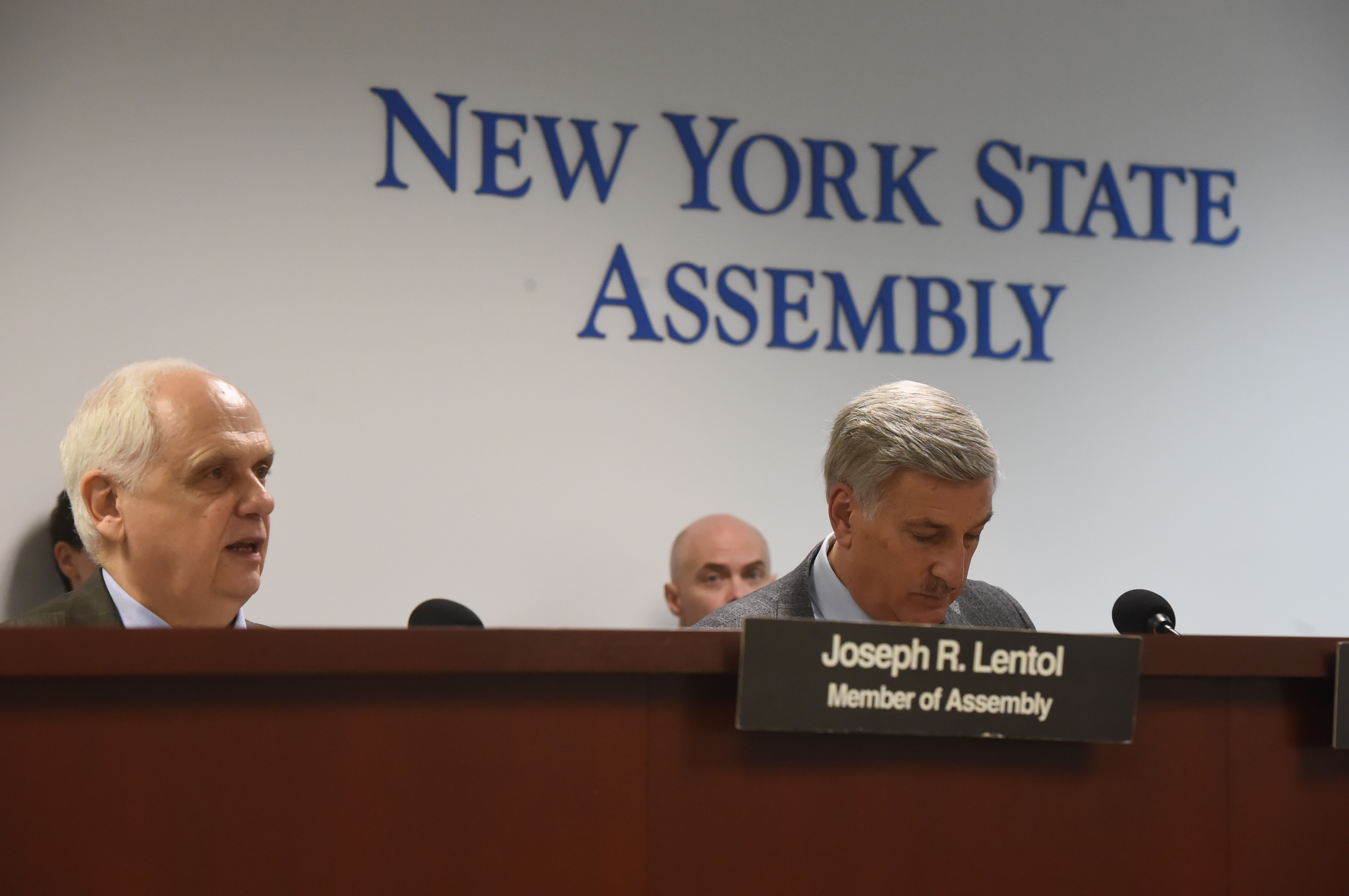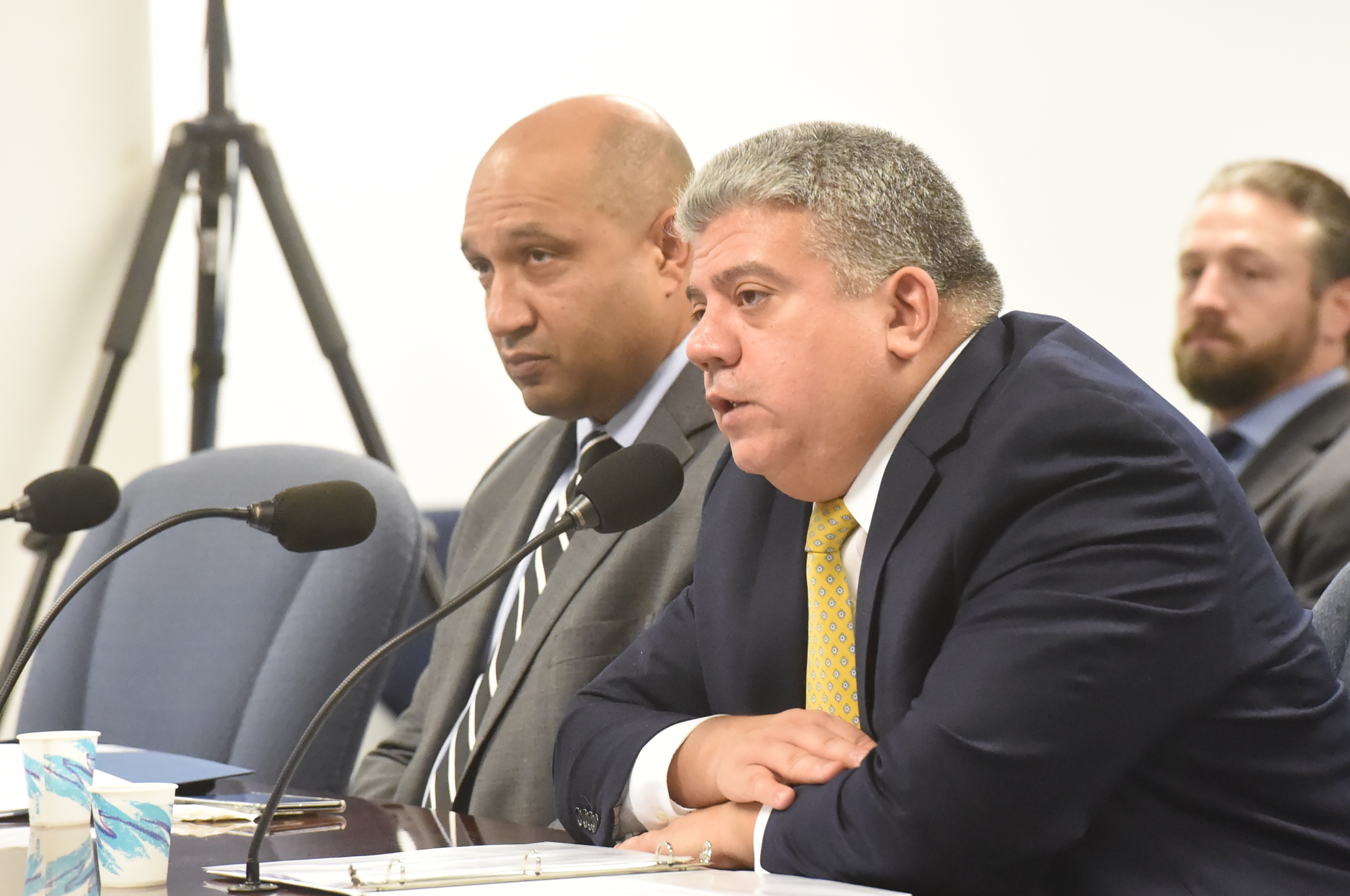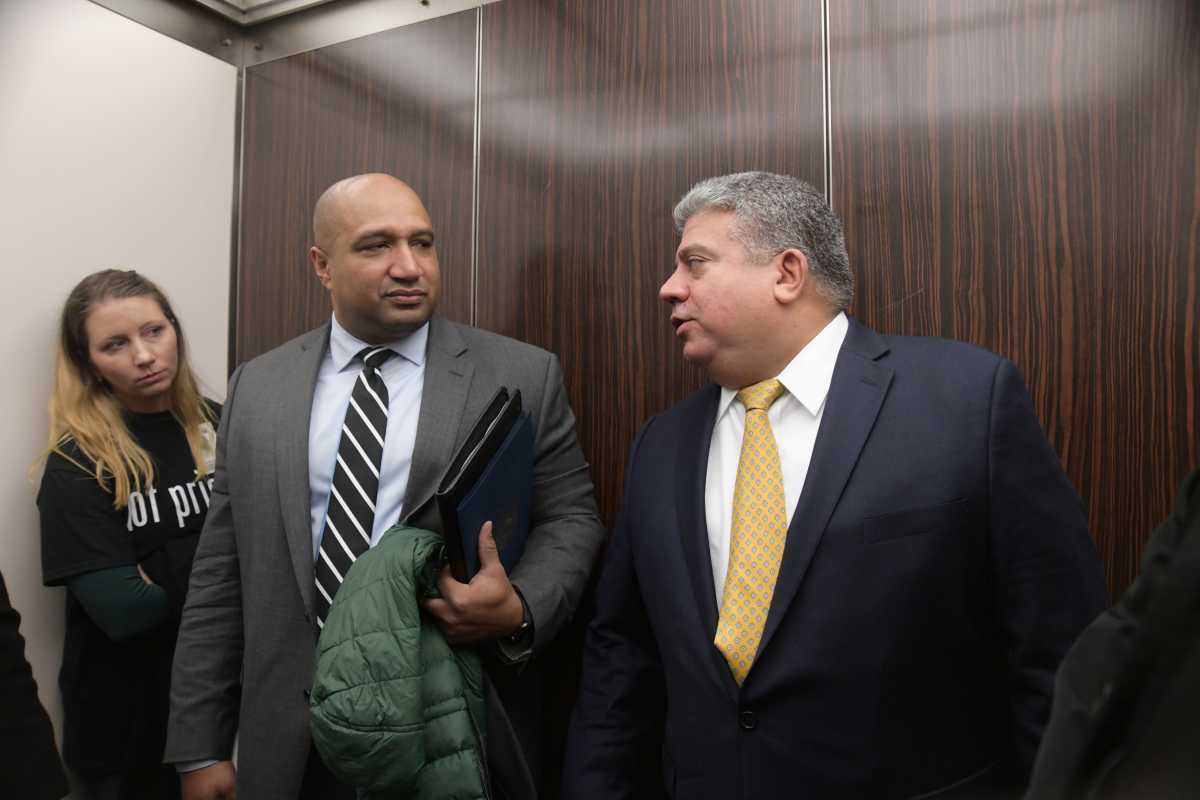Elected officials are seeking to further loosen the laws on sealing criminal records for non-violent criminals.
Sealing old criminal convictions for non-violent offenses can improve a person’s ability to get a job, obtain housing and attend a good school, according to members of the Assembly and two district attorney’s who testified Tuesday at a public hearing in Manhattan.
Brooklyn Assemblyman Joe Lentol, who chairs the Codes Committee which hosted the hearing, favors expanded sealing. He also wants to trim the statute for sealing records for non-violent crimes in half, from 10 years to five years after a conviction.
Reducing the statute, Lentol said, would enable reformed former criminals to become “more productive members of society.”
Brooklyn District Attorney Eric Gonzalez, along with his Albany County colleague P. David Soares, also testified in favor of greater flexibility in sealing criminal records and instituting other reforms to keep non-violent offenders out of jail.
The state legislature passed Criminal Procedure Law §160.59 in 2017, allowing those with criminal histories to apply to have their records sealed from public scrutiny, but the time and penalty served must have occurred 10-years from the time of the application.
Lentol said he fought with the Republican-led Senate to get a 10-year time-lapse, but he says more should be done to free those who have reformed.
“There was a politicization of the criminal justice system and we had people throwing rocks at us at one time for appearing soft on crime,” Lentol explained. “But I think times have changed and it is time we reformed our criminal justice system not to punish people for their entire life.”

New York’s Sealing Law allows people who have been convicted in no more than two cases (only one of which can be a felony case) to apply to seal certain convictions in the state if it has been at least 10 years since their sentencing or release from jail or prison. Only certain convictions are eligible and only if there is one or two criminal convictions total. (If you have more than one conviction that was “committed as part of the same criminal transaction,” that counts as a single conviction.) Only one of those convictions can be a felony.
Violent crimes and most every sex crime are ineligible for the program.
Gonzalez said he would also like to scrub marijuana convictions, saying there are about 20,000 people who would be affected. Marijuana has already been decriminalized and some in the legislature are trying to legalize recreational marijuana use.

“As part of my Justice 2020 Initiative to keep Brooklyn safe and strengthen community trust by ensuring fairness and equal justice for all, I have been taking steps to not only reduce the number of people entering our jails and prisons, but also to reduce the continuing negative impact of past convictions on individuals who have put their criminal pasts behind them,” Gonzalez said. “Holding someone accountable for their criminal behavior should not mean crippling for life their ability to go to school, get a job, or have a place to live.”
He and his counterpart from Albany called streamlining the process for applying to seal records. He said only 213 people have so far applied for sealing records since the law was passed.
Gonzalez said he has a Sealing Unit that has been working with partners on ways to make it easier for applicants to apply for sealing on their own, including addressing mandatory fees and revising the application to make it more user-friendly.
He added that the law should be extended to include expanded court discretion to seal convictions where the applicant was convicted of a violent felony offense at an age where he or she would have been eligible for youthful offender status, but was denied that status.
In addition, he said his office received applications from people who were minors at the time they committed the offense, and who have led law-abiding lives since being convicted of crimes at a young age.
“Although we believe that a just result would be for these individuals to have their convictions sealed, we have had to oppose their applications, and they have been denied, because the statute does not allow for the sealing of violent felony offenses,” he sighed.
In one case, Gonzalez said they went to court to get a conviction dismissed so that an immigrant being threatened by ICE agents would not be able to deport her.
Soares said the application process should be made easier and he said, “we love to hear stories of redemption.”




























